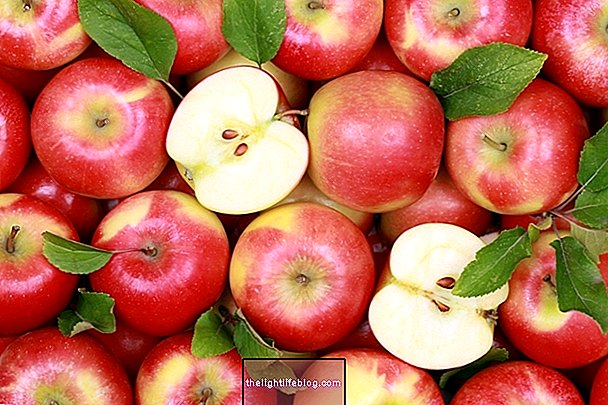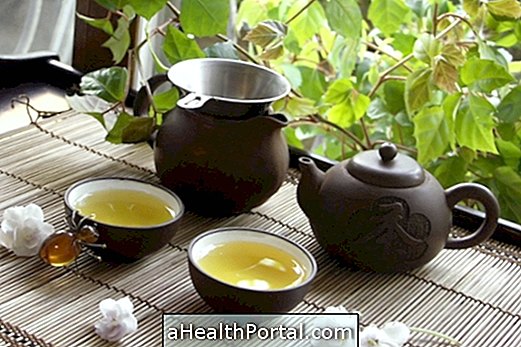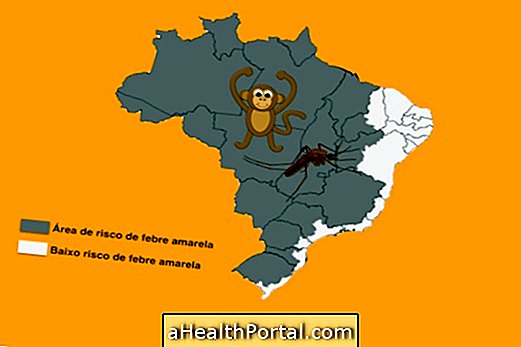Antihistamines, also known as antiallergics, are medicines used to treat allergic reactions such as urticaria, allergy rhinitis or conjunctivitis, for example, by reducing the symptoms of itching, swelling, redness, or runny nose.
There are two main types of antihistamines that include:
- First generation: they are medicines, like Hydroxizina or Clemastina, that diminish the symptoms of allergy but that cause drowsiness;
- Second generation: medicines that do not cause sleep, such as Cetirizine or Desloratadine.
The two types of antihistamines only vary in their duration and side effects, and the first generation are not recommended for the treatment of chronic problems, such as asthma, for example.
List of the main antihistamines
Some of the most commonly used antihistamines are:
| Antihistamine | Commercial name | Causes sleep? |
| Cetirizine | Zyrtec or Hexal | Not |
| Hydroxizine | Hixizine or Hixilerg | Yes |
| Desloratadine or Loratadine | Alergaliv, Desalex or Claritin | Not |
| Clemastine | Agasten or Emistin | Yes |
| Triamcinolone | Airclin or Nasacort | Not |
| Diphenhydramine | Caladryl or Difenidrin | Yes |
| Fexofenadine | Allegra, Allexofedrin or Altiva | Not |
These antihistamine medicines may be sold in the pharmacy in the form of tablets, nasal spray, eye drops or ointments, to facilitate the application according to the problem being treated.
Although all substances can be used to treat various allergy cases, there are some that are more effective for certain problems. Therefore, people who have recurrent allergy attacks should consult with the general practitioner to know the best medicine for their case.
Which can be used in pregnancy
Antihistamines that can be safely used during pregnancy include Azatadine, Carbinoxamine, Clemastine and Dexchlorpheniramine. However, the pregnant woman should always consult the obstetrician before taking any type of medication.
Options for natural antihistamines
Some natural antihistamines include chamomile, nettle, melissa, or yarrow tea because they soothe the body's allergic response. In addition, other medicinal plants such as Babosa or Ginseng strengthen the immune system and prevent the onset of allergies.
Natural antihistamines help decrease the body's response as well as prevent the onset of allergy, but should not replace the antihistamine remedies prescribed by the doctor, serving only as a supplement to medical treatment.
Also see how to prepare a home remedy for allergic cough and for skin allergy.
When not to use
Anti-allergy medicines can usually be used by anyone, however, there are some cases that need medical advice like:
- Pregnancy and breastfeeding;
- Glaucoma;
- High pressure;
- Kidney or liver disease;
- Benign hypertrophy of the prostate.
In addition, this type of medication may interact with some antibiotics, such as Ketoconazole or Erythromycin, and central nervous system depressants such as Anxiolytics or Anti-depressants and it is advised to consult a doctor before use.























